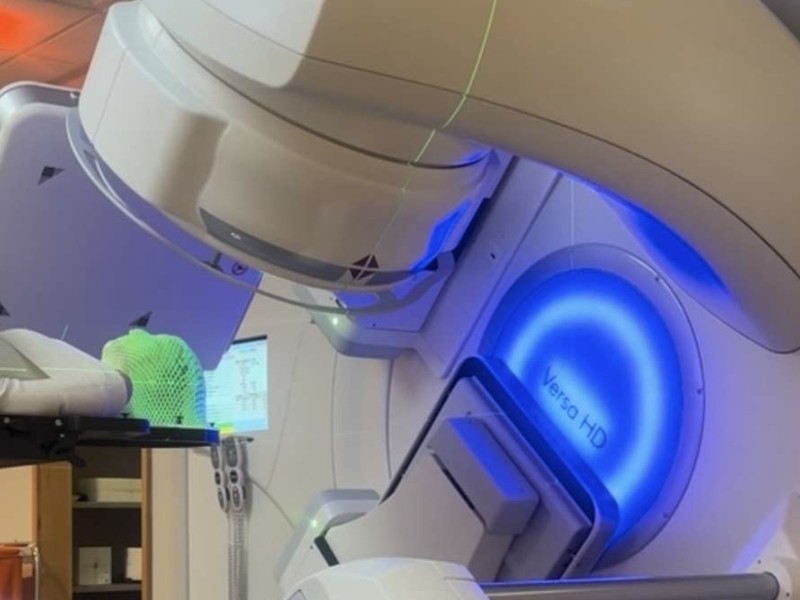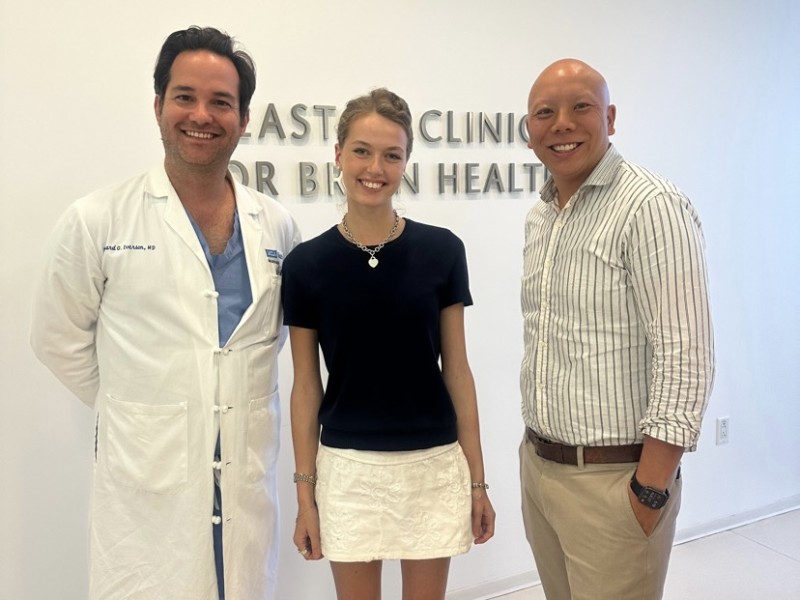Christchurch teenager Sophie Clibborn never imagined that just hours after celebrating her high school graduation, she would find herself in hospital fighting for her life.
Now, after returning from receiving life-saving treatment in the United States, Clibborn is urging the Ministry of Health to bring that treatment to New Zealand.
On December 6 last year, after months of persistent headaches, the then 17-year-old collapsed on her bathroom floor. Paramedics rushed her to hospital where she was in critical condition. Two days later, she woke from a coma to learn she had undergone emergency surgery to remove a tennis-ball-sized tumour from her brain.
Six days later, on December 12, she and her family were given the diagnosis. Glioblastoma - an aggressive and often fatal form of brain cancer.
“I was pretty devastated. I thought my life was over to be honest. I thought I was just gonna die,” Clibborn recalled.
Even before the biopsy confirmed the worst, she had a sinking feeling.
“I remember looking up brain cancer, and it came up with glioblastoma and I saw the prognosis. I absolutely broke down. Everyone around me was like, ‘no, it’s gonna be benign’, but I just knew it was going to be cancer.”
Her symptoms had started subtly, with headaches initially attributed to a previous run-in with glandular fever.
But one morning after her graduation, the pain became unbearable. She could barely move, could not eat, and even painkillers offered no relief.
“It wasn't like a normal headache that day, it was worse. It was just a whole feeling in my body.”
When an ambulance arrived, Clibborn felt an overwhelming sense of fear.
“In the ambulance, I kept saying, ‘I feel like I'm dying’. I don't even know how to describe it, but I could feel that I was dying.”



